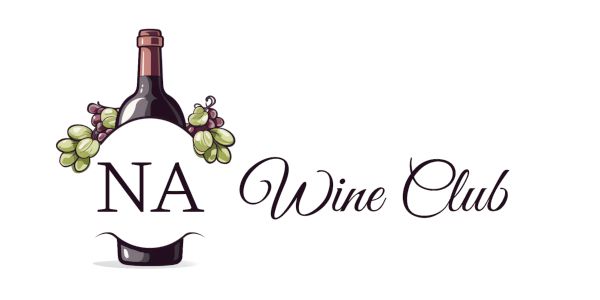In recent years, the beverage industry has seen a surge in demand for non-alcoholic alternatives.
Among these, non-alcoholic wine has emerged as a popular choice for those who enjoy the taste of wine without the effects of alcohol.
But what exactly is non-alcoholic wine? Let’s dive in.
Understanding Non-Alcoholic Wine
At its core, non-alcoholic wine starts its life as regular wine. The difference lies in the process it undergoes to remove or reduce its alcohol content.
Typically, non-alcoholic wines contain less than 0.5% alcohol by volume (ABV), making them a suitable choice for those abstaining from or limiting their alcohol intake.
How is Non-Alcoholic Wine Made?
If the process of making wine involved fermentation, then how is non-alcoholic wine made exactly?
There are two primary methods used to produce non-alcoholic wine:
- Vacuum Distillation: This process involves heating the wine under a vacuum, which allows the alcohol to evaporate at a lower temperature. This ensures that the wine retains its original flavors and aromas.
- Reverse Osmosis: In the reverse osmosis process, wine is pressed against a special membrane with a force surpassing the osmotic pressure. This action allows smaller molecules like ethanol and water to pass through the membrane, effectively separating the alcohol from the wine. The membrane’s design ensures that only molecules of certain sizes can pass through. As a result, larger components of the wine, like organic acids and phenolics, remain intact and become more concentrated. To achieve the desired taste and balance in the now non-alcoholic or low-alcohol wine, water is reintroduced to the concentrated mixture.
Both methods aim to preserve the wine’s inherent characteristics while removing its alcohol content.
Why Choose Non-Alcoholic Wine?
There are several reasons why people opt for non-alcoholic wine:
- Health Benefits: Many individuals are looking to reduce their alcohol consumption for health reasons. Non-alcoholic wine offers a way to enjoy the ritual of drinking wine without the potential negative effects of alcohol.
- Dietary Restrictions: For those following certain religious or dietary practices, non-alcoholic wines provide an alternative that aligns with their beliefs or restrictions.
- Safety Concerns: Non-alcoholic wine is a great option for designated drivers, pregnant women, or anyone else who needs to avoid alcohol but still wants to partake in a toast or enjoy a glass with dinner.

Taste and Variety
While non-alcoholic wines aim to replicate the taste of their alcoholic counterparts, there can be subtle differences in flavor and mouthfeel.
However, as the demand grows, producers are continually refining their processes, leading to high-quality non-alcoholic wines that closely mirror the taste of traditional wines.
Today, you can find non-alcoholic versions of many popular wine varieties, from Chardonnay to Merlot, ensuring there’s a flavor profile for every palate.

Non-alcoholic wine is more than just a trend; it’s a testament to the evolving preferences of consumers worldwide.
Whether you’re looking to cut back on alcohol, adhere to dietary restrictions, or simply try something new, understanding what non-alcoholic wine is can help you make an informed choice the next time you’re browsing the wine aisle.
If you’re curious about trying a few non-alcoholic wines yourself, you can sample a new and unique non-alcoholic wine each month through our non-alcoholic wine-of-the-month subscription. You’ll get to explore the wonderful world of new NA wines that are creating quite the buzz. Give NA Wine Club a try and let us know what you think.
